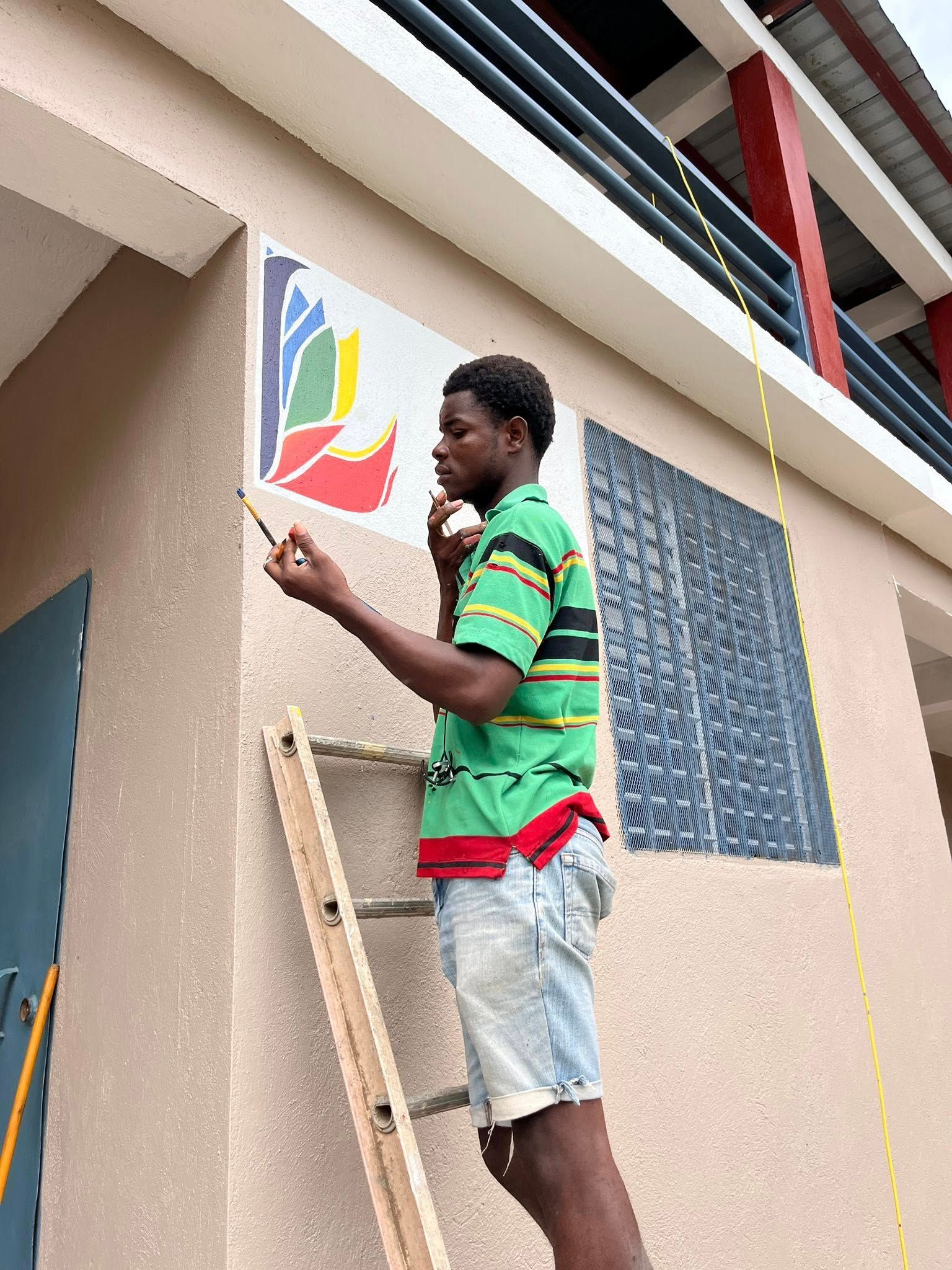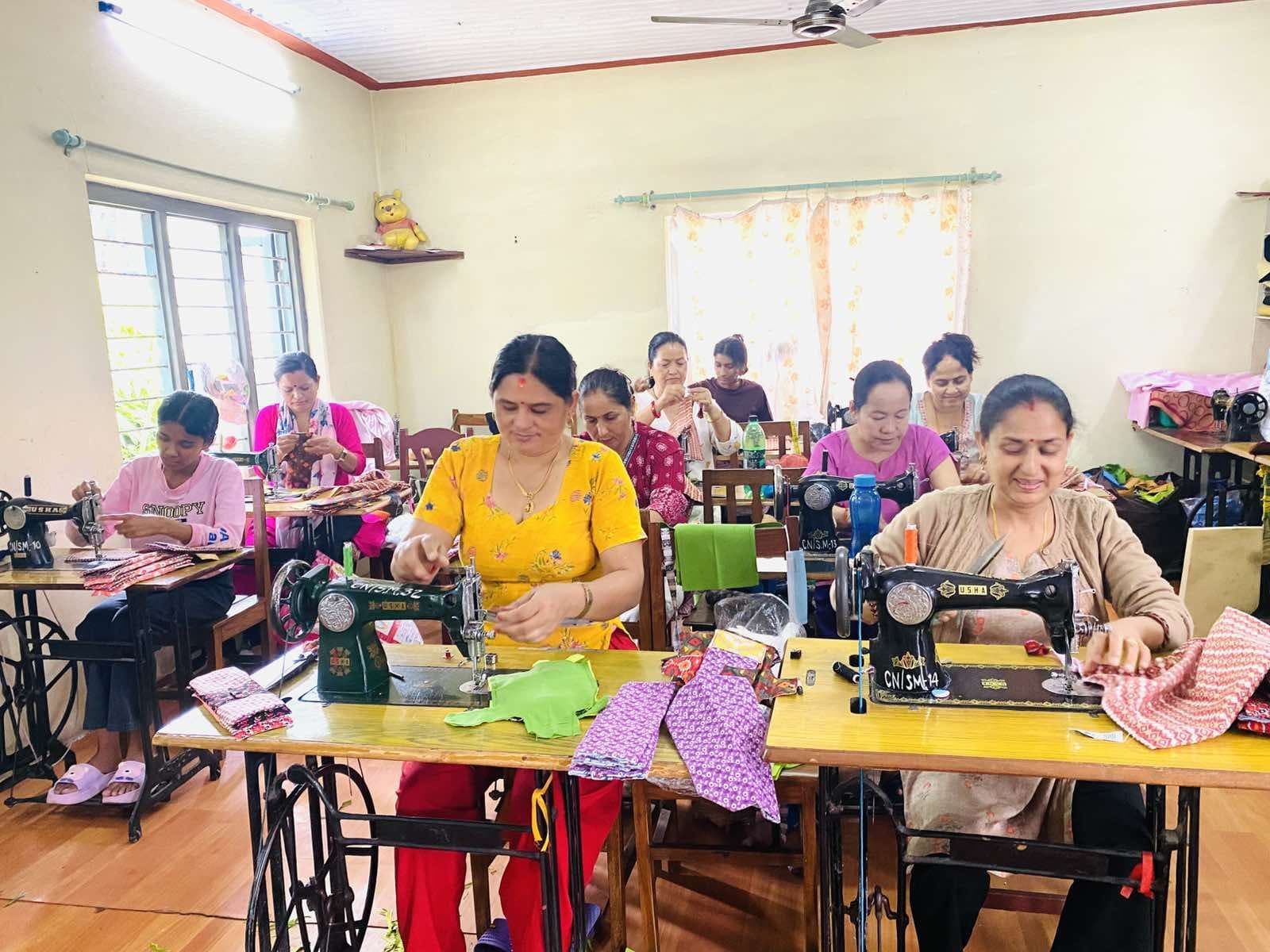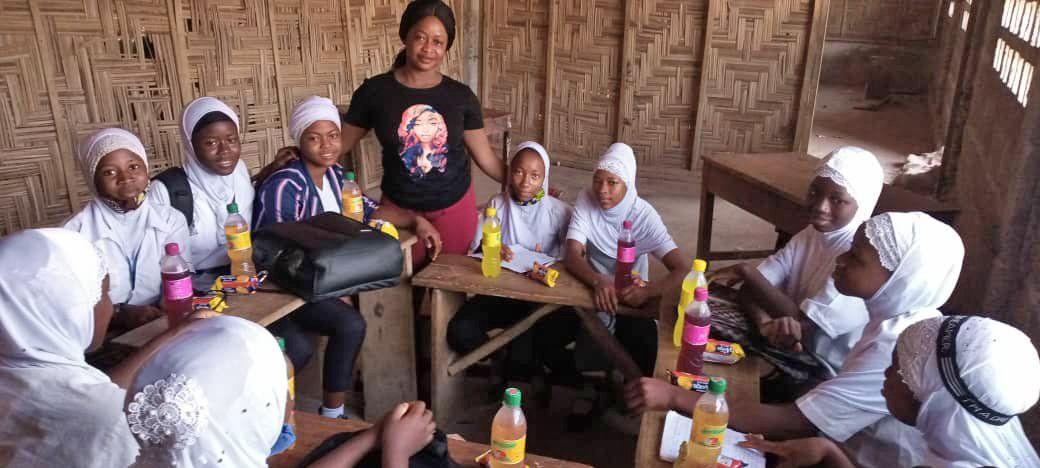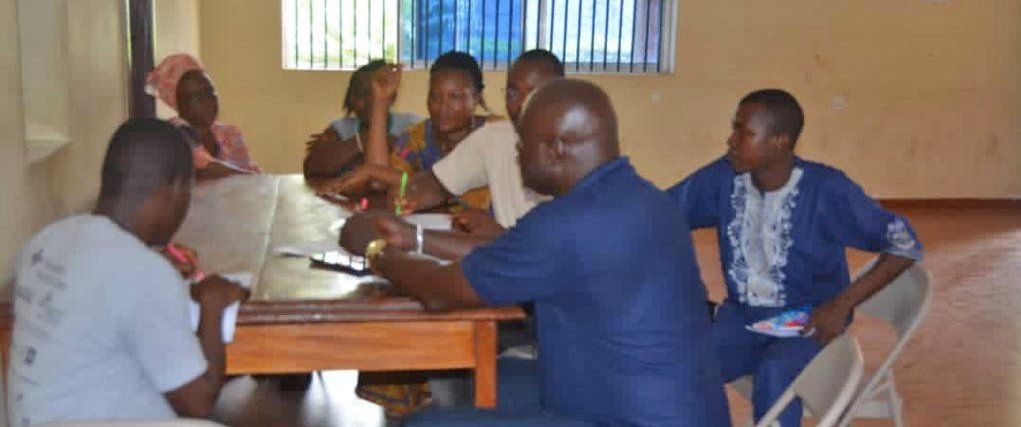Promoting gender equality and safe learning environments in schools
ISATA – During the Positive Periods workshops, some of the girls were explaining to me “OK now when you go to a teacher and you are trying to explain yourself to that particular teacher some teachers will tell you ‘I am busy, I am teaching’”. Teachers don’t always have the time or the training to allow them to talk about what is preventing these girls from coming to school, and staying in school. So in turn students don't feel confident to talk to their teachers to explain issues that are affecting them at home and even in the school campus.
This is what some of the girls explained to me, and they appealed to me to offer training to train their teachers on the gender-based violence and equality issues that are affecting them in their schools and community.
So I thought that it was a good idea and it fits with what we are trying to do, we are trying to support them to realise their potential. I discussed this with my team and Marie Antionette deleted and we put some ideas and activities together. We then collaborated with the Sierra Leone Teachers Union (SLTU) to conduct this training on promoting gender equality and safe learning environments in schools across provincial Sierra Leone in the 4 regional headquarters in the provinces.
It was not the first time that I was inviting teachers to a workshop, as soon as they saw that it was the Steve Sinnott Foundation running it they were very happy and willing to come and learn together. We had many topics we wanted to cover but we selected a few topics that we knew we could create useful activities from. We wanted to create a space where everyone felt safe to ask questions and take turns facilitating, so that it would be a fun and interactive session. We also gave them manuals which they can use in their schools.
For some of the topics we had separate discussions for men and women and we also had opportunities for men and women to discuss things together. By inviting both male and female teachers from different schools it was challenging because it got argumentative at times.
It’s two days training and before the end of it, every school had their own action plans that they wanted to implement. They wanted to create clubs, anti - gender based violence clubs, human rights clubs, disseminate information to their colleagues, set up WhatsApp groups for reporting and sharing challenges and so on.
When we carried out follow up visits to schools after the training, we found out that some of the schools have started working on their action plans already. The Steve Sinnott Foundation is ensuring that there is a follow up after each training session. We talk to the participants and visit their school, talk with the heads of the school and with the students. In this way we can support the implementation of the action plans, and offer more training if needed.
From these workshops and the follow ups, the schools have implemented a new system of reporting which they teach the students to use when they face any issues. We have a focus group with the students so we will know how the system is working. According to these students, they do feel comfortable now to talk with some of the guidance teachers and counsellors that we have trained.
I believe if I put in a lot of effort and work, if I develop the full scale of this project to work on these issues in schools across the length and breadth of the country it will be a safer environment for the future generations. We are doing everything it takes to make it work; we call, we visit, we offer handouts for them to use, we get schools to put a questions box up so students can give suggestions on improvements, and what concerns they have.
I think this workshop is a great idea, as it came from the students and teachers themselves. Even now the other regions are asking and recommending that we should extend the Positive Period Programme re-usable sanitary pad workshop to them and to include the primary level of the Gender Equality and Gender Based Violence workshop in it. They really need this opportunity.
Lessons I learned from this workshop - I learnt that if you have a passion for something you have to go the extra mile, and you have to have courage no matter what. You will stand in front of people, and some will not take your idea on board, but some will. So you have to concentrate on those that want to make a change, they will go out and change others. This is what I have learned."
Thank you Isata for your unflinching commitment to improving education in Sierra Leone.
Related content
If you are interested in this topic you may also be interested in the webinar in our Life Long Learning Webinar Series – ‘Addressing sexual harassment in school: using a human rights framework’ which you can watch below.
We have a blog post on this topic which adds information to this video.
We also have a webinar video about ‘Safeguarding Children, Young People and Adults at Risk’, which you can also find below.






